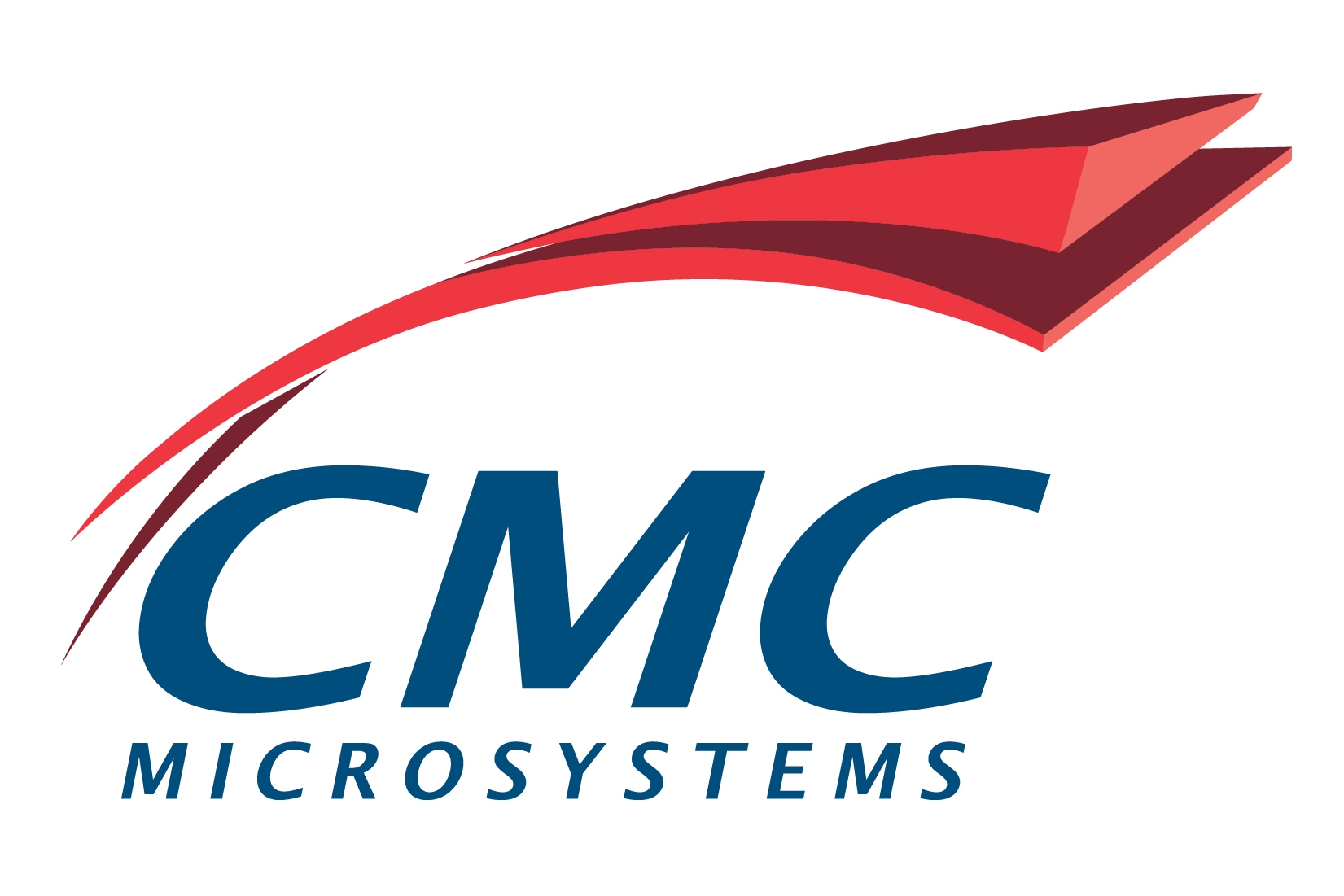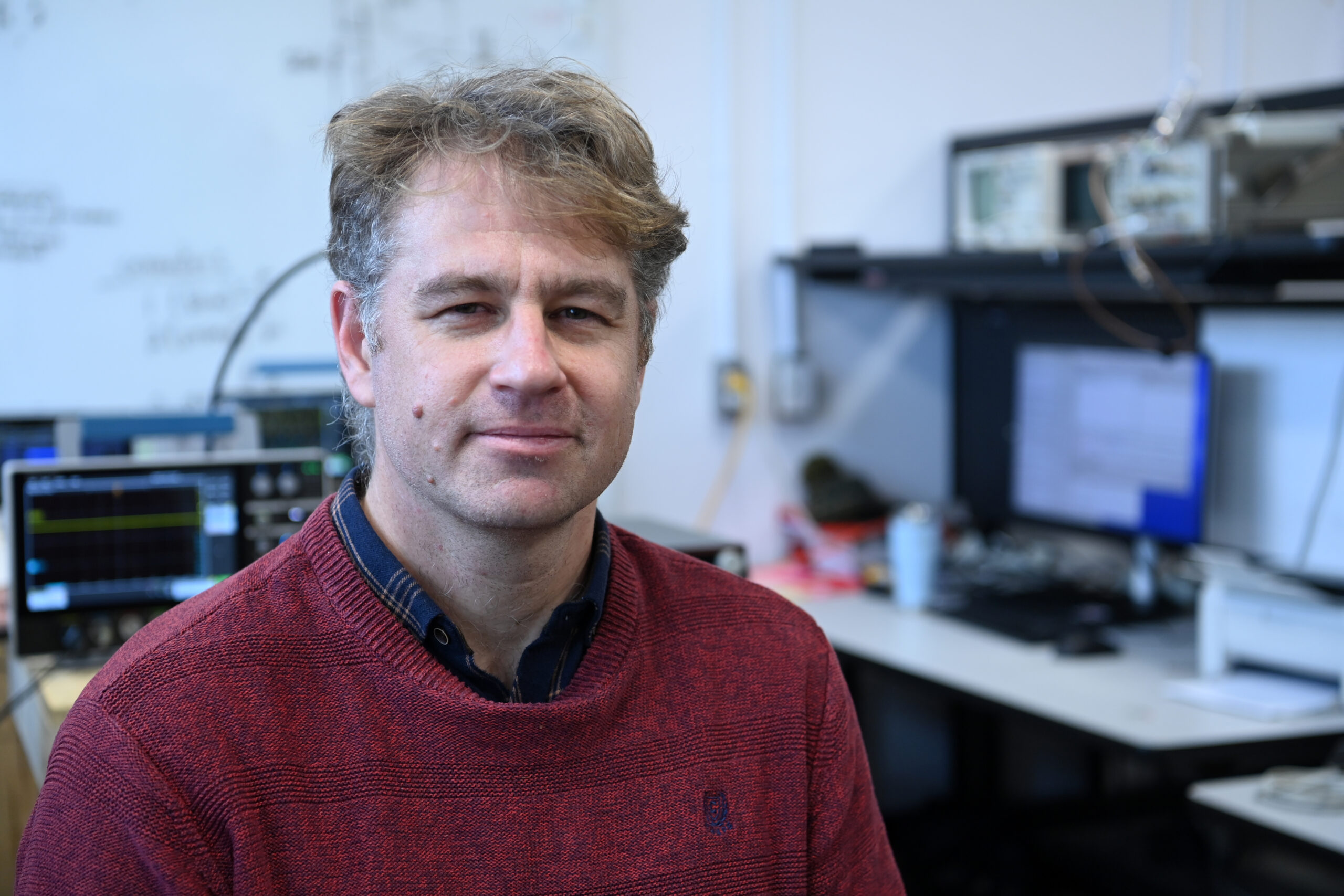Imagine a submarine on patrol with its crew onboard gets stuck under a sheet of ice in the Arctic. Or an autonomous underwater vehicle (AUV) critical for environmental monitoring of ocean currents and composition of the water is unexpectedly swept out to sea off the Atlantic coast.
In moments like these, having the right tracking and communication tools are key to a successful rescue or recovery operation.
Marine operators rely on acoustic beacon and sonar technology that is decades old and has strict limitations in terms of range and accuracy. Sonar, like conventional radar, also requires a significant load of electricity.
Enter Dr. Jean-François Bousquet.
He is a professor in the Electrical and Computer Engineering Department at Dalhousie University in Halifax whose research is taking underwater communications and signal processing to new frontiers and addressing challenges in underwater environments.
Dr. Bousquet’s lab, the MINDI Hub, was recently granted support from the province of Nova Scotia. The lab’s research supports maritime technological innovation in areas including microelectronic systems integration for the ocean sector, marine, naval defence, health, agriculture and communications technologies. A grant of $1.4 million in January 2025 from the Nova Scotia Community Economic Development Fund signals the MINDI Hub is playing an important and evolving role building critical partnerships to position the Maritimes as a strategic centre for research and development in these fields.
“The experts at CMC provide a combination of knowledge in physics and quantum computing tools that allowed us to produce circuit models of the fundamental devices by helping us develop our understanding concepts of superconductivity.” -Dr. Jean-François Bousquet, Dalhousie University
In addition, localization algorithms that have been used to detect harbour porpoises will be applied at the output of the quantum sensors to develop applications related to national defense.
“These drones can be deployed to protect our borders, so we know what is happening in terms of naval activity,” Dr. Bousquet said. “For example, there are currently submarines that crisscross waters in the Arctic and travel close to our territory. The Canadian government needs to make sure that they know what’s happening.”
Traditional technology uses signals that rely on the Earth’s magnetic fields for detection and navigation. However, these systems present a basic challenge for which there has been no practical solution until now: reliance on databases that may be inaccurate when it comes to the tracking of magnetic fields.
Dr. Bousquet’s lab is taking that challenge head-on by developing quantum magnetic sensor technology or a quantum magnetometer using an artificial magnetic field through water to provide accurate positioning.
“There are different types of signals that rely on magnetic fields. There’s the Earth’s magnetic field, that you can use for navigation,” Dr. Bousquet said. “We are also able to capture a signal that comes from a source above the surface such as a transmitter to create a timing reference which ultimately becomes a very accurate positioning system. It’s kind of like an underwater GPS that we’re building.”
CMC Microsystems plays a critical role
CMC Microsystems supports Canadian researchers and startups in the development of semiconductor technology by acting as a bridge between industry, academia, government and not-for-profits, and by providing critical training on advanced platforms.
Under Jean-François Bousquet’s leadership driven by curiosity, vision and a mission to advance Nova Scotia’s position in the superconductor ecosystem, the MINDI Hub at Dalhousie is helping drive toward innovative solutions for challenges across Canada and around the world.
July 2025

